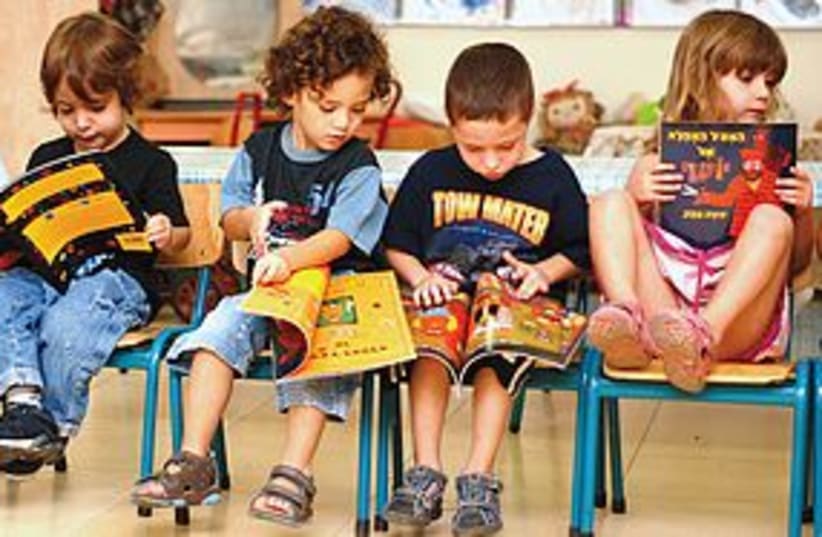The writer teaches at the Max Stern Yezreel Valley College and was a Knesset employee for many years.
Think About It: Children’s books and social justice
Isn’t it preferable to try and emphasize those values that we all share, in the assumption that we still do share some values?

The writer teaches at the Max Stern Yezreel Valley College and was a Knesset employee for many years.